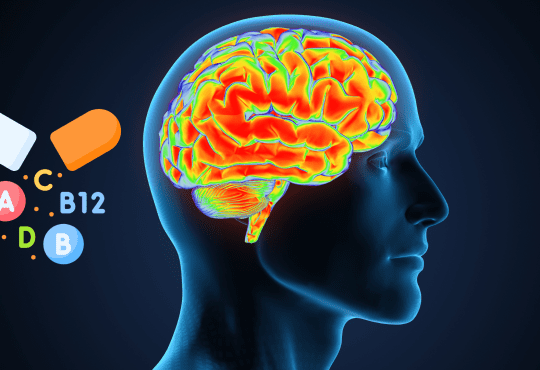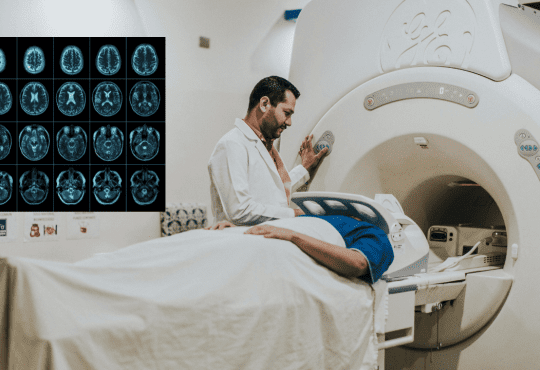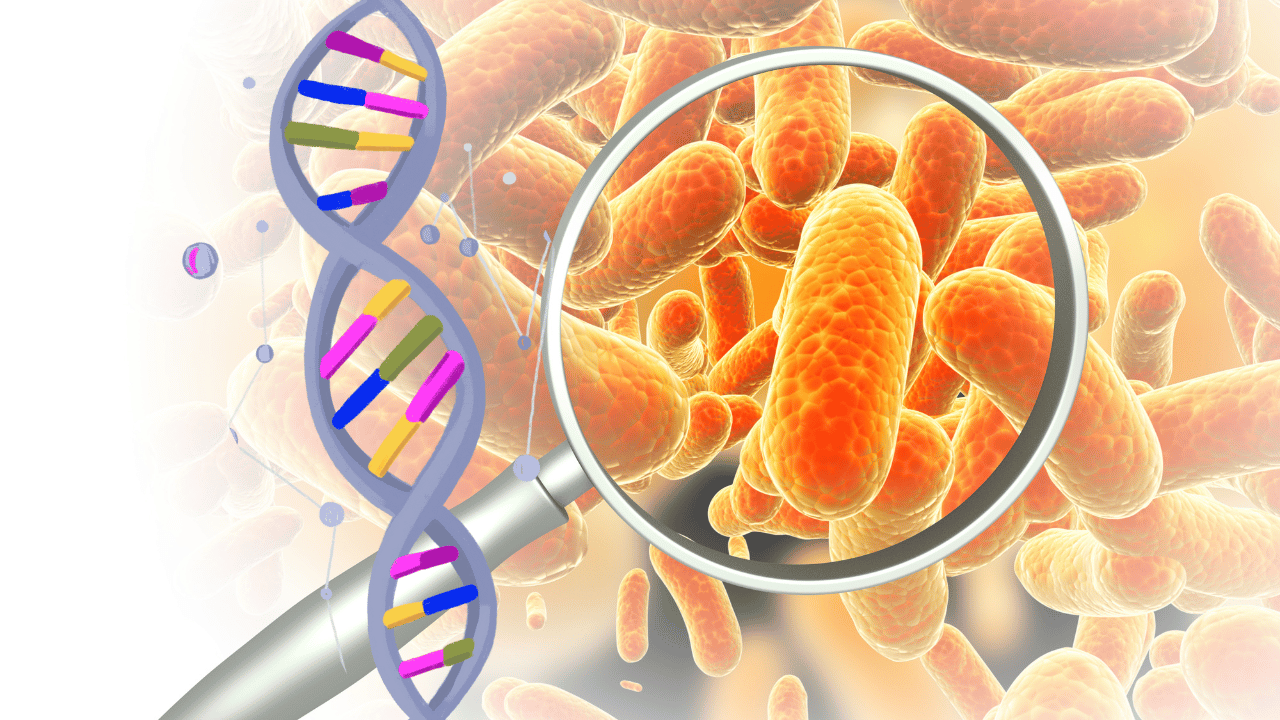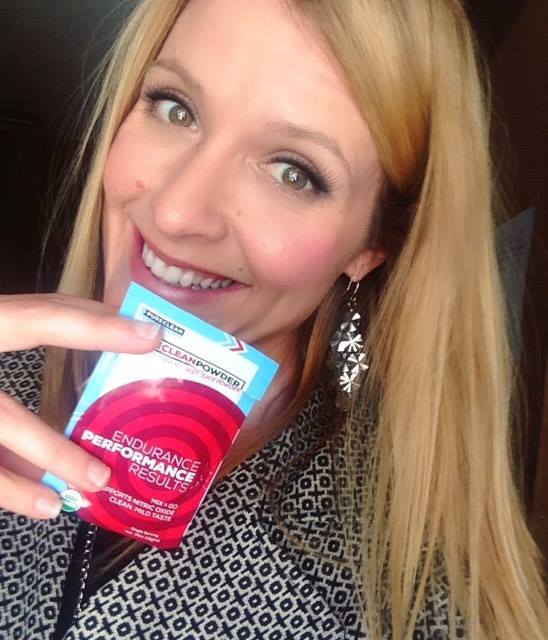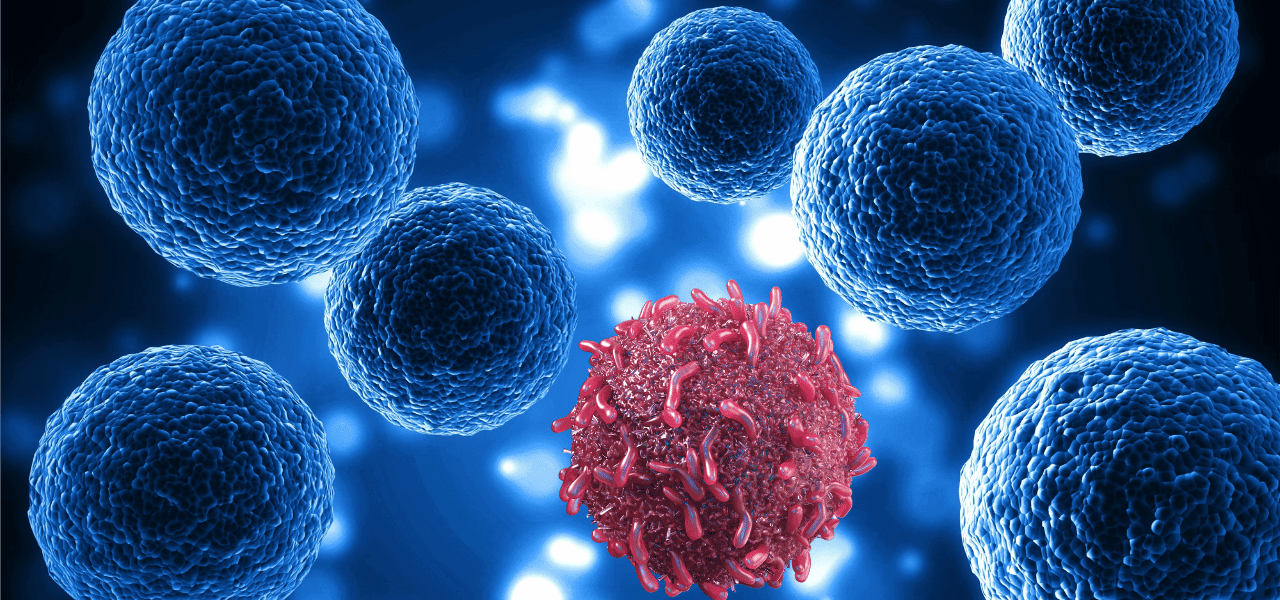
New Study Reveals Cancer’s Weak Point — The Power of CDK7 Inhibitors
Why Finding Cancer’s Weak Points Matters
Cancer has always been one of medicine’s biggest puzzles. Unlike infections caused by a single germ, cancer doesn’t come from just one trigger — it can start in many different ways. That’s why there’s no single “cure.”
But every once in a while, researchers uncover a weak point shared by many cancers. Finding and targeting these weak points gives doctors a chance to slow, control, or even stop cancer growth. A recent breakthrough suggests one such weak spot could be an enzyme called CDK7.
What Makes CDK7 So Important?
Think of CDK7 as a conductor in an orchestra. Its job is to keep other proteins — the ones that actually play the “music” of cell division — working in rhythm. If the conductor goes rogue, the whole orchestra gets out of control.
That’s exactly what happens in some cancers. CDK7 activates other cell division proteins, and when it’s overactive, cells start multiplying when they shouldn’t. This makes CDK7 a powerful driver of cancer growth.
It’s not alone. Another well-known driver is the MYC protein, sometimes called the “steroid of cancer” because it fuels aggressive growth in about 75% of cancers. The difference is, MYC has been nearly impossible to target with drugs. CDK7, on the other hand, might finally give researchers a way in.
Why Past Attempts Fell Short
Drug companies have been testing CDK7 inhibitors for years. Some of these drugs slowed tumor growth in early trials. But there was a catch: no one knew exactly how they worked. Without that knowledge, scientists couldn’t fine-tune them to make them safer and more effective.
It was like having a tool that worked sometimes — but not knowing if you were using it the right way.
The Breakthrough: Understanding SY-5609
That changed with a new study on an experimental drug called SY-5609. Researchers tested it on 79 types of cancer cells, covering 27 different tissues. The results were quick and striking: within 30 minutes, the cancer cells’ “growth switches” — called transcription factors — were shut down.
This showed scientists that CDK7 wasn’t working in the way they had long assumed. Instead of acting mainly through other cell division proteins, CDK7 was directly linked to the control of these growth switches.
Even more interesting, SY-5609 seemed to reactivate a natural tumor brake in the body called RB1. Normally, RB1 stops cells from dividing too fast, but many cancers find ways to disable it. By blocking CDK7 and restoring RB1, SY-5609 delivered a double hit against tumors.
Why This Discovery Matters for Patients
Here’s why this is exciting:
- More precise drugs: Now that scientists understand the exact mechanism, future CDK7 inhibitors can be designed to hit cancer harder while sparing healthy cells.
- Fewer side effects: Earlier CDK7 drugs had toxic effects because they shut down too much. With this new knowledge, researchers could develop “smarter” drugs that only block the harmful activity.
- Hope for tough cancers: Aggressive cancers like triple-negative breast cancer, which have few treatment options, might benefit most from this discovery.
As one researcher put it, the goal is to create a “ninja drug” — one that slips in, disables cancer’s growth signals, and leaves before harming normal cell function.
Looking Ahead
This isn’t a treatment available in clinics yet — SY-5609 is still in trials, and more research is needed. But this breakthrough, funded by the National Institutes of Health and the U.S. Department of Defense, clears up a decades-old mystery. It gives scientists a clear map for designing better cancer drugs.
For everyday people, especially those touched by cancer, the takeaway is hopeful: researchers are not just finding new drugs, but finding better ways to make them work.
The Bottom Line
CDK7 has long been suspected of playing a key role in cancer. Now, scientists finally understand how it drives tumor growth — and how to shut it down.
It’s not a cure, but it could be a game-changer. By targeting CDK7 more precisely, researchers hope to turn even aggressive cancers into conditions we can better control — giving patients safer, more effective options in the future.
Quick Facts About CDK7 and Cancer
- CDK7 is a master regulator of cell division. When it malfunctions, it can drive many types of cancer.
- RB1 is a natural tumor brake that normally stops cells from dividing too fast. SY-5609 helps restore RB1’s function.
- SY-5609 is an experimental drug that blocks CDK7 and shows promise across multiple cancers in lab studies.
- Triple-negative breast cancer is one of the hardest cancers to treat, and CDK7 inhibitors may offer new hope.
- The research was funded by the NIH and U.S. Department of Defense and published in Science Advances.
Frequently Asked Questions (FAQ)
What is CDK7?
CDK7 stands for cyclin-dependent kinase 7. It’s an enzyme that helps control when cells divide. When it goes out of control, it can fuel cancer growth.
Why is CDK7 important in cancer research?
Because CDK7 acts like a “master switch” for cell division, blocking it can slow or stop the uncontrolled growth that defines cancer.
What cancers are linked to CDK7?
Research suggests CDK7 plays a role in many cancers, including triple-negative breast cancer, lung cancer, and colon cancer.
What is SY-5609?
SY-5609 is an experimental drug designed to block CDK7. In lab studies, it stopped cancer growth within minutes by shutting down transcription factors and reactivating RB1, a natural tumor suppressor.
Is SY-5609 available as a treatment?
Not yet. It’s still in clinical trials. Researchers are learning how it works so they can design safer, more effective versions in the future.
Why do scientists compare CDK7 to MYC?
Both CDK7 and MYC are “drivers” of cancer growth. MYC has been called the “steroid of cancer,” involved in about 75% of cases. CDK7 plays a similar master role, but unlike MYC, it may be easier to target with drugs.
What could this mean for patients?
If research continues to move forward, CDK7 inhibitors could lead to smarter, safer cancer treatments — especially for aggressive cancers that currently have few options.
⚠️ Disclaimer: This information is for educational purposes only. It is not a substitute for professional medical advice. Always consult a qualified healthcare provider with questions about cancer diagnosis or treatment.
